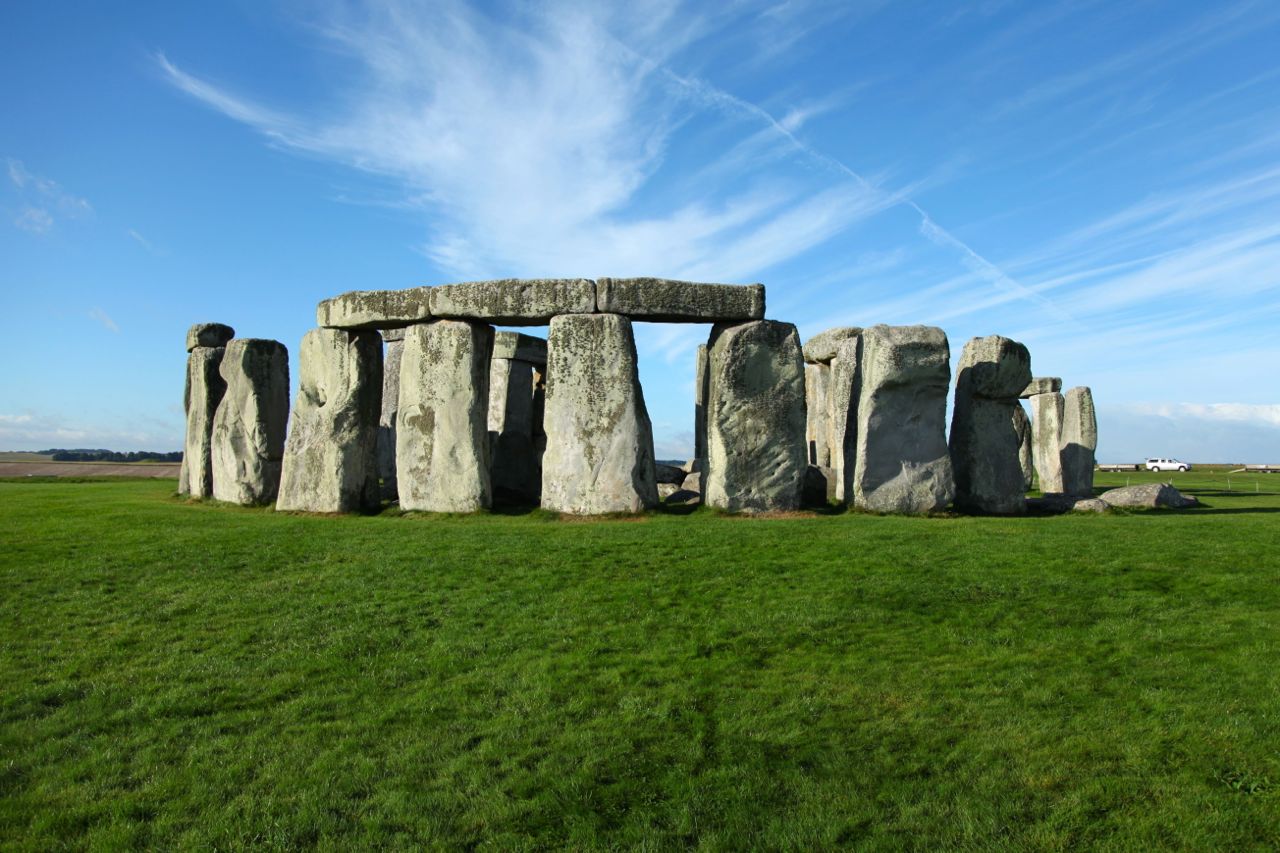A SPANISH nurse was called into action to save the life of a child who had gone into convulsions on a Ryanair flight to Germany.
The nurse, who was flying to Dusseldorf on New Year’s Eve, acted swiftly when she spotted the child lying in the aisle close to unconsciousness.
Virginia Valle, 27, from Malaga, quickly took the boy’s temperature to find it was over 40 degrees and then steadied his head to stop him banging it, as well as getting the father to hold his tongue to stop him from swallowing it.
As the boys parents were Italian and Belgium the language barrier was initially a problem.
“They spoke no Spanish so we made do with a mixture of French and English,” she told Sur.
After ascertaining if he had had some sort of allergic reaction, she asked the airline for some diazepam, but discovered the rudimentary medical kit on board had very little of use.
Finally she was able to get a paracetamol from the mother and managed to bring his temperature down by inserting it into his rectum.
After a few minutes the contractions started to slow down and finally the boy dropped off to sleep with his temperature dropping.
“It was such a relief and half the plane gave me a round of applause,” said Valle, who was forced to move to Germany to find work last year.
“The father kept telling me how I had saved his son’s life.”
She continued: “The biggest problem was having to fight off other passengers who wanted to help, but with no idea.
“Some told me to cover him up when I took his top off to try and bring his temperature down, while another wanted to give him something to eat.
“An Asian man even suggested that he gave him some acupuncture.”
Ironically the nurse had been expecting to spend New Year’s Eve in Malaga with her family.
But due to a mix up with her ticket she ended up having to fly back to German that day.
She ended up spending the night on her own in Germany, eating a panini.
“But in the end I was overjoyed to have been on the flight and had my calling to help. It was something of a miracle!” (The Olive Press)



